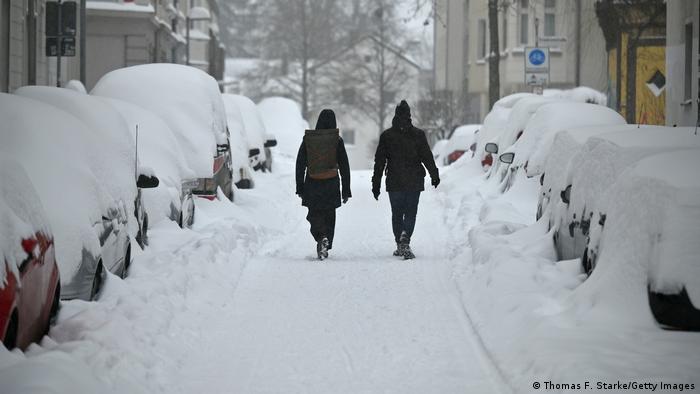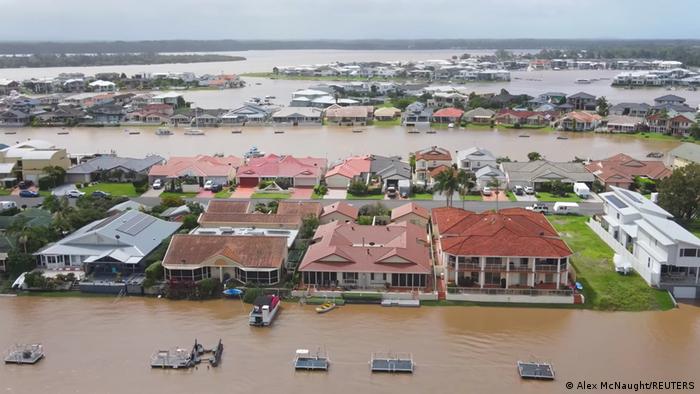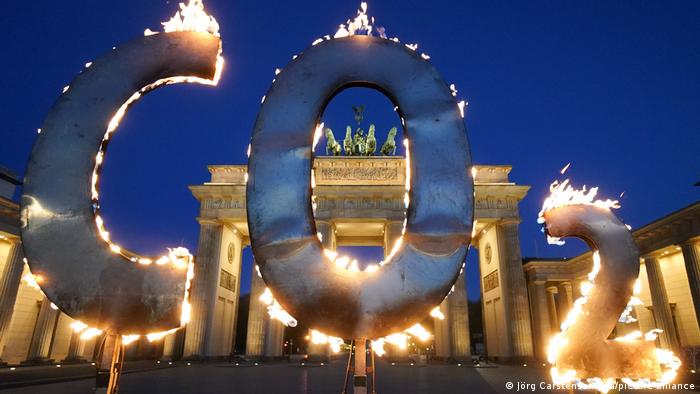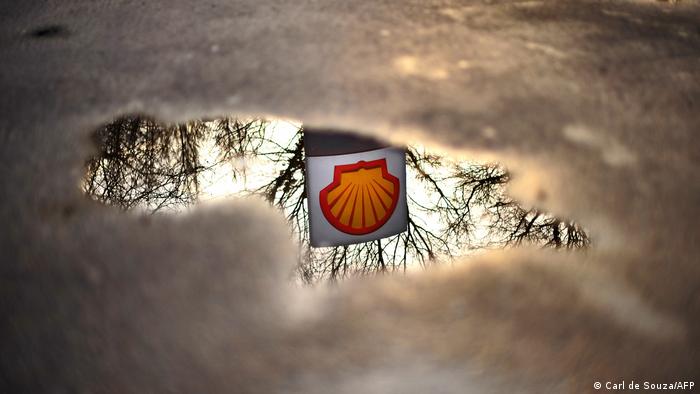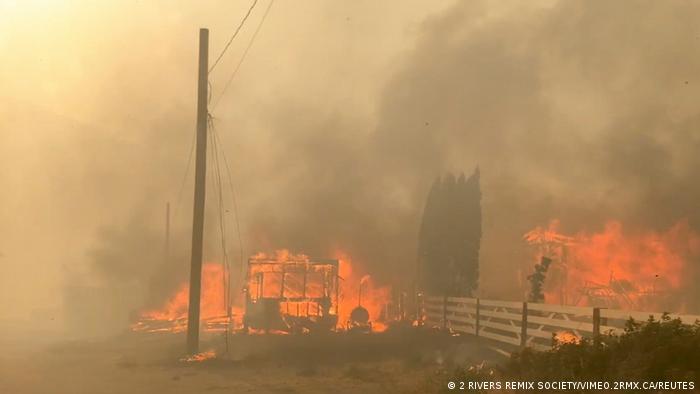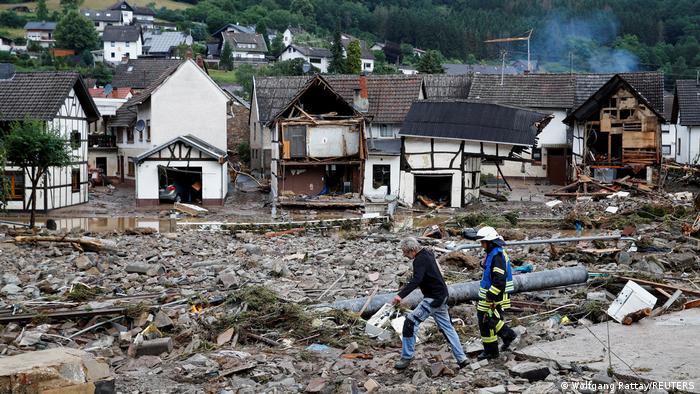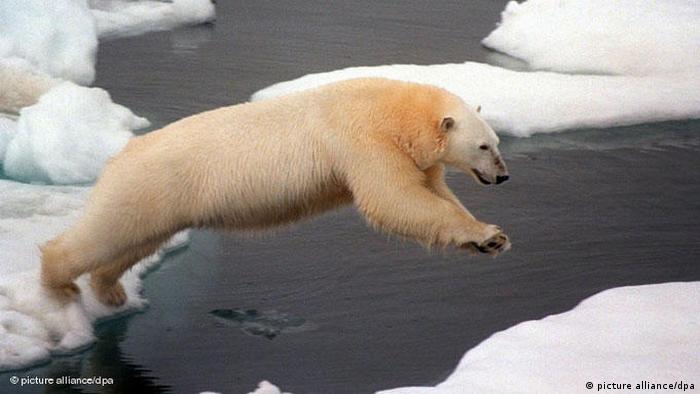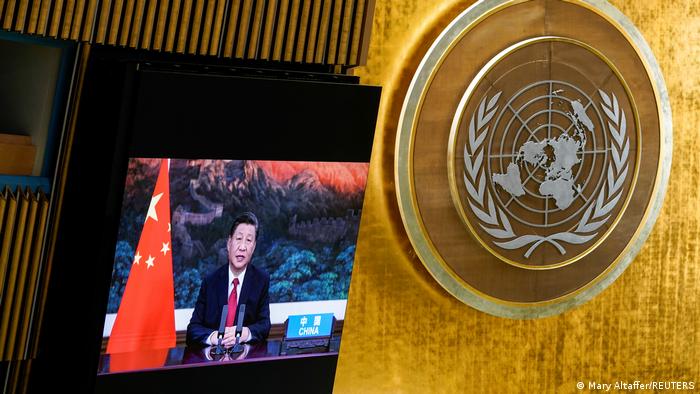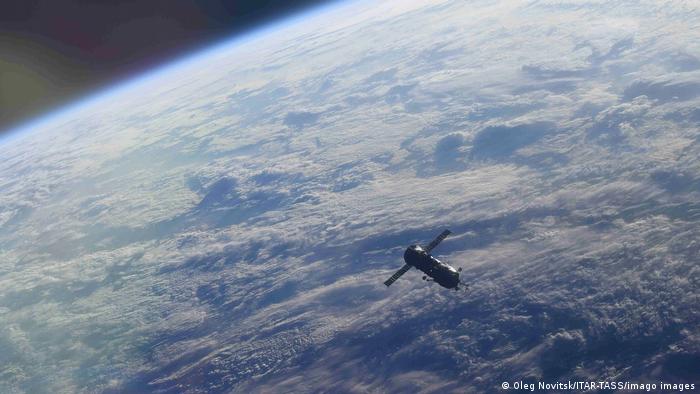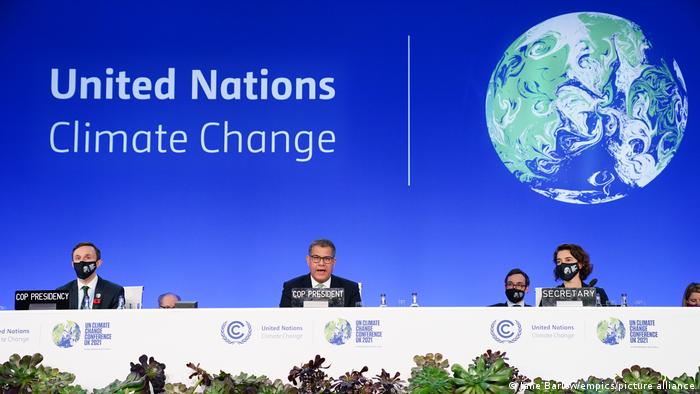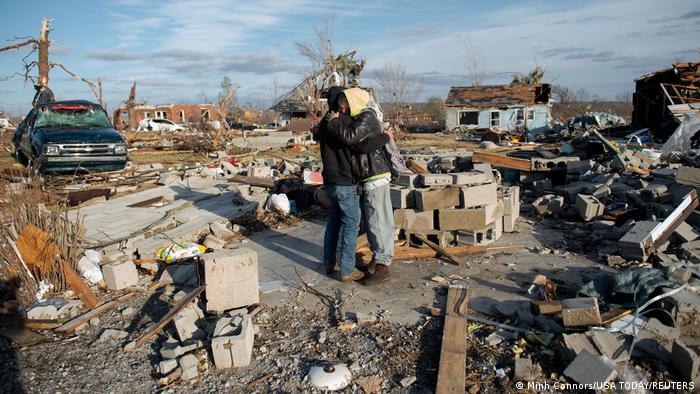The United Kingdom recorded Saturday (01.01.2022) the warmest New Year’s Day, according to the British Meteorological Service (the Met Office).
In St James’s Park, a park in the heart of London, a score of 16.3 was recorded, according to the Met Office detailing it on Twitter.
The previous record was in 1916, when a temperature of 15.6 degrees was recorded in Cornwall.
“This temperature record for the new year 2022 is due to the influx of hot subtropical air from the Azores,” the meteorological service said.
But he warned that this would not continue due to the arrival of “cold winds coming from the North Pole in the week, which will cause night frosts and snow in certain places between now and Tuesday.”
The UK already recorded its highest temperatures on December 31 on Friday, with 15.8 degrees in the day in Somerset (southwest of England) and up to 16.5 degrees at night in Bala, a city in North Wales.
The previous record for December 31 dates back to 2011, when a temperature of 14.8 degrees was measured in Colwyn Bay, a coastal town in Wales.
fb / guardian / sky news / p
-
This was the climate year 2021
January: calm at the beginning of the year
As in many countries, the sale and release of fireworks and rockets has been banned in Germany to ease hospitalizations during the pandemic. This translates to 3,500 tons less plastic waste. In Amsterdam, private fireworks will remain a taboo in the future. Instead, the Dutch capital wants to organize a central fireworks display.
-
This was the climate year 2021
February: Ice and Snow in Central Europe
Central Germany is shivering from the unusual cold. Due to the oscillation of the polar vortex in the Arctic, cold air seeps into central Europe. It is due to a weak jet stream, a kind of opponent of the polar vortex. If the current is strong, it maintains the vortex over the North Pole. But the warming of the Arctic weakens the current and the polar vortex decreases.
-
This was the climate year 2021
March: The east coast of Australia is under water
After several days of torrential rain, many towns in eastern Australia were inundated with water. Thousands of people are forced to leave their homes. New South Wales is particularly hard hit. “It’s a once in 100-year situation,” said Gladys Berejiklian, who was the head of government for Australia’s most populous state.
-
This was the climate year 2021
April: a historic constitutional ruling
Germany’s Constitutional Court has declared Germany’s climate law partially unconstitutional for not setting climate targets beyond 2030. It would put pressure on future generations, according to the court. Environmentalists rejoice. The Bundestag has tightened the law: Germany, the world’s fourth-largest economy, plans to be climate-neutral by 2045.
-
This was the climate year 2021
May: Judgment on oil giants
Another landmark ruling: a lower court in The Hague (Netherlands) has ordered the oil and gas company Shell to cut carbon dioxide emissions by almost half by 2030. The ruling also affects suppliers and end users. In the Netherlands, companies can be forced to prevent future damages.
-
This was the climate year 2021
June: The Summer of Burning Hell
Record temperatures of nearly 50 degrees Celsius were recorded in Lytton, Canada, during a heat wave. Across the country, more than 230 people have died. The bushfires completely destroyed Leyton. This summer, severe fires have broken out in the Mediterranean, California, Siberia and the Amazon.
-
This was the climate year 2021
July: devastating floods
In western Central Europe, heavy rains cause widespread flooding. Small streams become great rivers. In North Rhine-Westphalia and Rhineland-Palatinate, more than 180 people died. Belgium, the Netherlands and the German state of Baden-Württemberg were also affected. In Germany alone, material damage is estimated at several billions.
-
This was the climate year 2021
August: Climate change caused by human activity
The Intergovernmental Panel on Climate Change (IPCC) of the United Nations states that climate change is well advanced and undoubtedly the result of human activity. This is the central message of the agency’s new assessment report. It is based on more than 14,000 peer-reviewed studies. The IPCC reports are the most detailed assessment of climate change.
-
This was the climate year 2021
September: Offshore coal plants stop
Chinese leader Xi Jinping pledged at the United Nations general debate that his country would stop building coal-fired power plants abroad. This is a great step for climate protection, as China has already built hundreds of factories in other countries. However, despite criticism from environmentalists, Beijing continues to build new factories in its country.
-
This was the climate year 2021
October: record greenhouse gases
Concentrations of greenhouse gases in the atmosphere reached a new record high in 2020, according to the World Meteorological Organization (WMO). According to the report, the year-over-year increase was higher than the average increase in the past 10 years. According to the World Meteorological Organization (WMO), there is a significant risk that the Paris climate protection goals will not be met.
-
This was the climate year 2021
November: phasing out carbon instead of phasing out
After the pandemic has stopped, the World Climate Conference returns this year. The final text of COP 26, the Glasgow Climate Charter, calls for a “decarbonization”. China and India prevent the call for cancellation. Both environmental groups and the UN Secretary-General, Antonio Guterres, have expressed disappointment.
-
This was the climate year 2021
December: Deadly tornadoes in the United States
36 tornadoes swept through six US states, leaving serious devastation in their wake. Kentucky is particularly hard hit. In total, at least 88 people died, many of whom are still missing days later. US President Joe Biden wants to investigate the role of global warming in hurricanes. Soon after, Typhoon Ray killed at least 375 people in the Philippines.
Author: Janet Quink
“Subtly charming bacon junkie. Infuriatingly humble beer trailblazer. Introvert. Evil reader. Hipster-friendly creator.”



